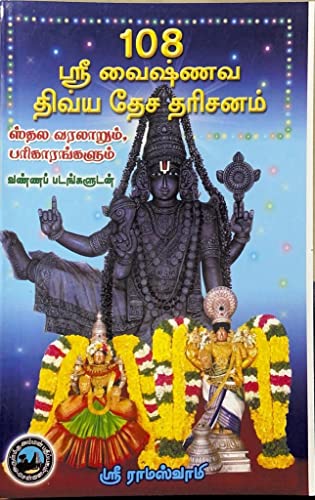
Right to Religion is fundamental right guaranteed under Constitution of Bharat. It is also an important human right. Besides its, fundamental and constitutional nature let us explore the type of this right, so that we can find out, from where one should start pleading for violation of his/her right to religion. The right to religion, particularly in the context of Bhartiya jurisprudence as outlined by various cases, manifests primarily as a civil right within the legal framework.
Civil Nature of Religious Rights: The right to worship is explicitly recognized as a civil right by judicial precedents like Ugamsingh & Mishrimal vs. Kesrimal & Ors.[1] and T-A. Aiyangar Swamigal and Ors. v. L.S. Aiyangar and Ors.[2]. This means that any interference with this right can be contested in a civil court, making it a matter of civil law. Many of the famous cases related to right to worship had started in the District Civil Courts, which is enshrined under the Right to Religion.
Legal Recognition and Enforcement: Cases such as Devendra Narain Sarkar & Ors. v. Satya Charan Mukerji & Ors.[3] and S. Ramnuja Jeer case[4] illustrate that not only the right to worship but also rights associated with religious offices are civil in nature. This includes the right to hold a religious office, where legal obligations and penalties can be enforced by civil courts.
Scope of Religious Rights: Religion, as legally understood, encompasses a broad range including worship, belief, faith, devotion, and rituals. The right to practice, preach, and profess one’s faith is considered a civil right, directly linked to personal liberty and autonomy.
Jurisdiction of Civil Courts: Under Section 9 of the Civil Procedure Code (CPC), civil courts have jurisdiction over disputes involving the violation of religious rights, particularly those rights enshrined in Articles 25 and 26 of the Bhartiya Constitution.
Specific Instances of Civil Suits: The case of Anandrav Bhikaji Phadke and Ors. v. Shankar Daji Charya and Ors.[5] highlights how the right to worship at a particular place can be exclusive to certain groups, and this exclusivity is protected as a civil right. Although the case is aged back in the colonial rule, it is still having a great significance.
Implications for Disputes: These legal precedents indicate that disputes over religious practices, rights to religious offices, or access to places of worship can be adjudicated in civil courts, ensuring that religious freedom is not just a theoretical right but one that can be practically enforced through legal mechanisms.
The right to religion in Bharat, as per these judicial interpretations, is deeply intertwined with civil law, providing individuals and groups the legal framework to protect their religious practices and rights from infringement. This civil recognition not only honors the constitutional guarantees but also aligns with the broader principle of secularism in the Bhartiya context, where the state ensures the equitable treatment of all religions by providing legal recourse for religious grievances.
[1] Ugamsingh & Mishrimal vs. Kesrimal & Ors. [1971 SCR (2) 836]
[2] T-A. Aiyangar Swamigal and Ors. v. L.S. Aiyangar and Ors. [(1916) 31 M.L.J. 758]
[3] Devendra Narain Sarkar & Ors. v. Satya Charan Mukerji & Ors. [AIR 1927 CALCUTTA 783]
[4] S. Ramnuja Jeer And Others vs Sri Ranga Ramanuja Jeer And Another [1961 AIR 1720]
[5] Anandrav Bhikaji Phadke and Ors. v. Shankar Daji Charya and Ors. [(1883)ILR 7BOM323]
Know more about laws related to temples
Free temples from government control and save our culture




Pingback: Duty to Preserve the Historical and Cultural Monuments – bharatlex-rinkutai.com
Pingback: Secular Fabric of the Nation – bharatlex-rinkutai.com